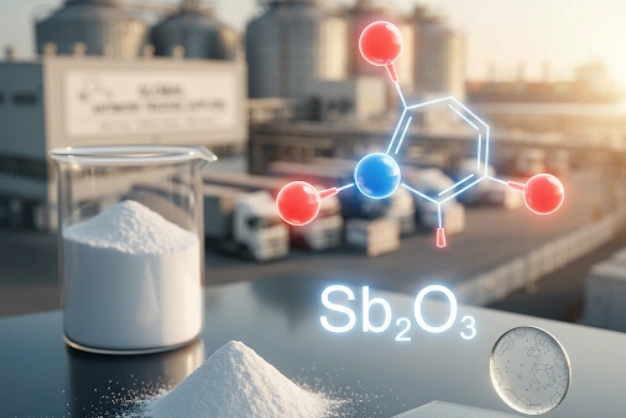Silicone Oil: The primary fluid, often PDMS, known for its stability and low volatility.
Thickening Agent: Silica, which provides the necessary viscosity and consistency.
Appearance, Consistency, and Texture
Silicone grease typically appears as a translucent or opaque paste, with a smooth and slightly sticky texture. Its consistency can range from semi-fluid to very thick, depending on the specific formulation and intended application.
Temperature Stability and Performance Range
One of the standout features of silicone grease is its ability to maintain performance across a broad temperature range. It remains stable and effective from as low as -40°C to as high as 200°C or more, making it suitable for extreme conditions.
Water Resistance and Dielectric Properties
Silicone grease is highly resistant to water and other chemicals, preventing washout and ensuring long-lasting lubrication. Its dielectric properties make it an excellent insulator, protecting electrical connections from moisture and corrosion.
Used for a wide range of applications, from household maintenance to basic industrial tasks, this type of silicone grease offers reliable performance under typical conditions.
Formulated to withstand higher temperatures, this grease is ideal for applications involving extreme heat, such as automotive brake components and high-temperature bearings.
Specially designed for electrical applications, this type of grease provides superior insulation and protection for electrical connections and components, preventing short circuits and corrosion.
Various specialty greases are tailored for unique requirements, such as underwater applications, high-vacuum environments, or specific mechanical systems. These greases offer targeted performance characteristics to meet specific needs.
The manufacturing process of silicone grease involves blending silicone oil with a thickening agent under controlled conditions. The mixture is heated and stirred to achieve a uniform consistency, then cooled and packaged.
Strict quality control measures ensure that silicone grease meets industry standards and performs reliably. This includes testing for consistency, temperature stability, water resistance, and dielectric properties.
The production of silicone grease involves adherence to environmental regulations and safety standards. Manufacturers implement measures to minimize environmental impact and ensure the safety of workers and end-users.
In electrical and electronics, silicone grease insulates and protects electrical connections and components. It prevents moisture ingress, corrosion, and short circuits, ensuring reliable performance.
Plumbers use silicone grease to seal and lubricate O-rings, valves, and other fittings. Its water resistance and non-reactivity with various materials make it perfect for plumbing applications.
In households, silicone grease is used to lubricate door hinges, locks, and other items. It provides smooth operation and prevents rust and wear.
High-Temperature Tolerance
Silicone grease performs well across a wide temperature range, making it suitable for both extreme cold and heat.
Water and Chemical Resistance
Its resistance to water and chemicals ensures long-lasting lubrication, even in harsh environments.
Silicone grease does not degrade easily, providing long-term lubrication and protection.
Non-Corrosive and Safe for Various Materials
It is non-corrosive and compatible with a wide range of materials, including metals, plastics, and rubber.
Biodegradability and Environmental Impact
Modern silicone greases are designed to be environmentally friendly, with biodegradable formulations available.
Silicone grease offers superior temperature stability and water resistance compared to petroleum-based grease, which can break down at high temperatures and wash away easily.
While lithium grease is known for its versatility and performance, silicone grease excels in applications requiring high-temperature tolerance and water resistance.
Graphite lubricants provide dry lubrication, whereas silicone grease offers a more robust solution with better overall performance in wet and extreme conditions.
Brand, Quality, and Certifications: Ensure the product is from a reputable brand and meets relevant quality standards.
Specific Application Requirements: Choose a grease formulated for your specific needs.
Packaging and Quantity: Select the appropriate size and packaging for your intended use.
Silicone grease is a versatile and indispensable lubricant with applications across numerous industries. Its unique properties, such as high-temperature tolerance, water resistance, and dielectric strength, make it an ideal choice for various uses. Whether you need a general-purpose grease or a specialized formulation, silicone grease offers reliable performance and long-lasting protection. Consider RawSource for your silicone grease needs, and experience the benefits of our top-quality products.



